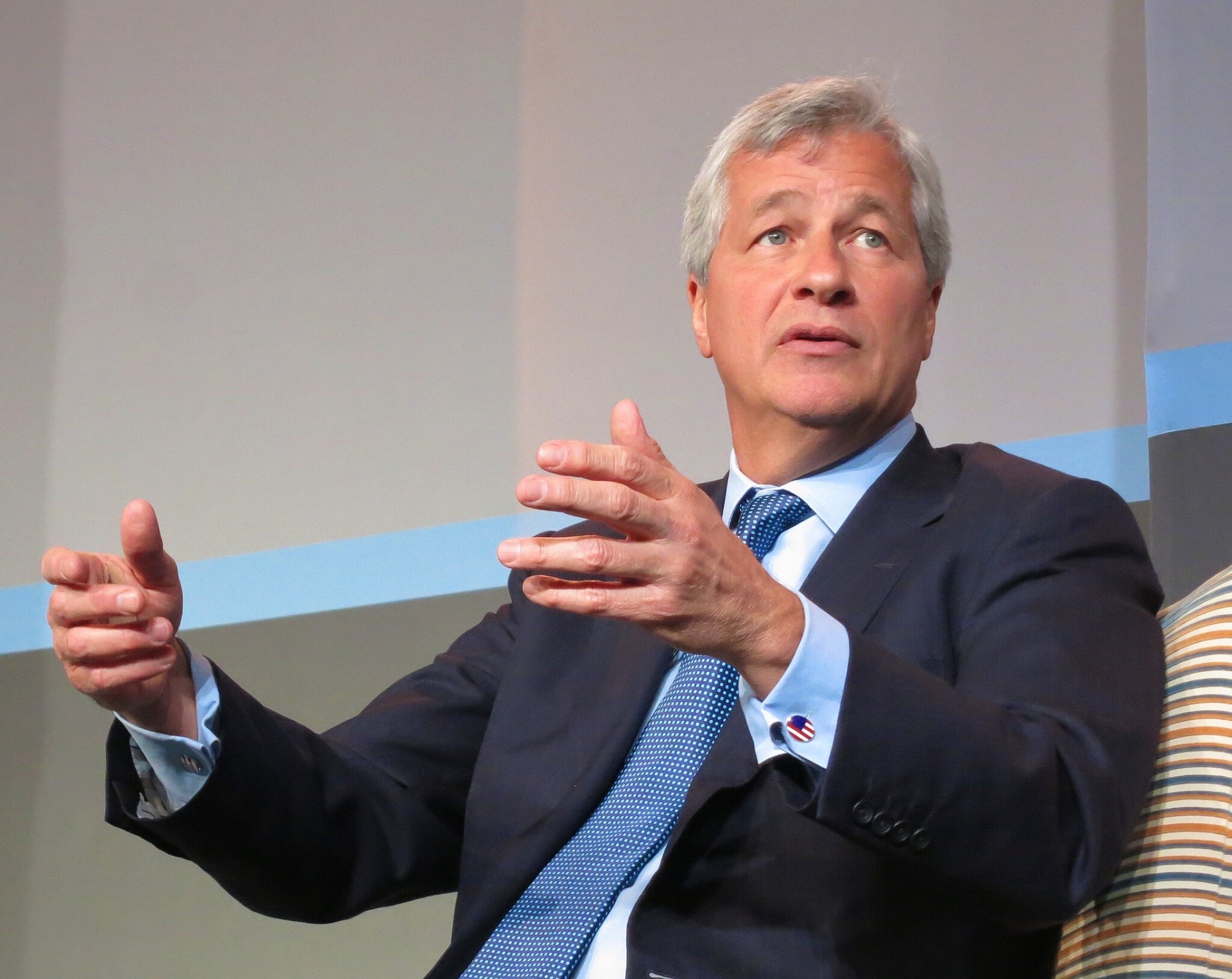Every year in the White House is important. But for Joe Biden, 2022 will be legacy-defining.
The November midterm elections are already gearing up, and with the balance of power for the remainder of Biden’s first term on the ballot, every action could be decisive. If the president hopes to avoid two years of habitual GOP resistance, a dynamic that has already caused him trouble in attempting to pass key sections of his agenda such as the ‘Build Back Better’ human infrastructure package and voting reforms (even with slim Democratic majorities in Congress), the White House needs to change the narrative – and fast.
Yet, despite recent efforts, there is an ominous presence that could jeopardize the most important months of Biden’s presidency and dictate how he can sell his platform to the American people at the end of the year: Ukraine.
Related Articles: UN Court of Justice Demands Russian Withdrawal From Ukraine | Ukraine: America’s Disjointed Reaction | Ukraine: What Is Biden Thinking? | French Presidential Elections: Why Absenteeism Is A Dangerous Choice | Voting Rights in America: Where Are We Now? | A Year On From January 6, 2021 | U.S Politics: The Virginia Litmus Test | Biden’s Make-Or-Break Moment
It is no secret that number one on a president’s to-do list in a midterm election year is to use their platform to showcase their progress to those that elected them two years prior. But after an unsettled start to his presidency that has been marked with crises in Afghanistan and Ukraine, it is hardly a surprise that Biden is planning a fresh domestic campaign to re-engage with the voters – according to reporting from Politico.
The next six months will expectedly see the White House try and revive slumping poll numbers and inauspicious midterm predictions by pointing to the high points of Biden’s tenure, most notably his bipartisan trillion dollar infrastructure deal from last November.
However, with the war in Ukraine now entering its second month, the Russian invasion in Eastern Europe and its economic repercussions are threatening to steal Biden’s thunder and overshadow what would have been hoped to be winning issues for the end of the year. The conflict is also providing political ammunition in abundance to Biden’s opponents: Is he doing enough to end the war? Are struggling Americans high enough on his priority list?
The risks that an ongoing conflict in Ukraine poses to Biden were all too evident last week, when he visited an industrial harbour in New Hampshire to laud the benefits of the ‘landmark’ infrastructure deal. Whilst trying to emphasise that his administration had made “a lot of progress,” Biden had to recognise the reality of the situation facing him in this November’s elections, stating that “the fact is that we are in a situation where the war in Ukraine is going to continue to take its toll on the world economy… we know that families are still struggling with higher prices.”
During remarks in New Hampshire, Pres. Biden says two factors driving prices higher are COVID-19 and “Vladimir Putin — not a joke. Putin’s invasion of Ukraine has up driven gas and food prices all over the world.” https://t.co/rjraJQt9nJ pic.twitter.com/Wq8Oo6yBBt
— ABC News Politics (@ABCPolitics) April 19, 2022
This recent example may be more than illustrative of the uphill struggle Biden faces for the rest of this year, where issues such as his infrastructure platform, the major win of his presidency to date, may be eclipsed by the consequences of a conflict across the Atlantic.
All indications point to a lack of enthusiasm among the Democratic base for this midterm election cycle, an issue that has already doomed several Democratic candidates in elections since Biden took office. An inability to overcome this will surely be fatal come November.
For more evidence, look no further than gun reform.
It is an issue where Biden should hypothetically be able to make strides, with the relentless tide of gun violence across the US providing frequent reminders over the need to solve a problem that only Democrats seem to campaign on.
According to an April 2021 study from the Pew Research Center, 48% of Americans see gun violence as a big problem in the nation, a concern only topped in the rankings by healthcare. A Morning Consult/ Politico poll from this same month found 64% of registered voters favoured stricter gun control laws, and Democrats found a strong advantage over Republicans (45% to 34%) over who respondents trusted more on gun control policy.
Forging ahead with an issue that a majority of Americans, including a significant faction of your own base, agrees with should be an easy win in these critical months, yet, when the White House announced new gun control regulations earlier this month centred around banning ‘ghost guns’ (untraceable firearms) – it hardly felt like a turning point, at least for now.
So why is this the case? Well, just as with his recent struggle to sell the infrastructure deal, Biden can probably blame the crisis in Ukraine.
A recent NPR/ Ipsos poll found that just 36% of Americans believe Biden has responded well to the conflict, and although he rates higher in terms of avoiding escalation with Russia in the process, there is no doubt that the conflict and its economically-devastating consequences have taken a toll on Biden’s image domestically.
Inflation, which recently reached a 40-year high, has now risen to the number one perceived issue facing America according to a March Gallup poll, and the damage done to the president’s decision-making credentials may continue to govern his ability to sell lesser points of progress.
Biden used his remarks in New Hampshire last week to criticise Russia’s President Putin as “the big reason for inflation,” adding that “the invasion of Ukraine has driven up gas prices and food prices all over the world… What we saw in the most recent inflation data was last month about 70% of the increase in inflation was a consequence of Putin’s price hike, because of the impact on gas and energy prices.”
The party of the president historically fares poorly in midterms. Add to that the electorally daunting element of a struggling economy, and most are anticipating the Democratic party to lose their fragile control of Washington in November. This scenario would undoubtedly lead to a tough road into the next presidential election, a reality Biden knows all too well as he warned Democrats in March they will be in for a “sad two years” if the GOP is victorious at the end of the year.
Whilst avoiding direct involvement with Russia is a position that is widely favoured considering the alternative, this is not to say that Biden has not moved to support Ukraine, and it is an issue that seemingly has rare bipartisan support in Washington. The White House recently announced another $800 million military aid package to Ukraine, bringing the total aid provided to the embattled nation above $3 billion, according to the BBC.
This latest provision will send a slate of weapons that the president said will be delivered “directly to the front lines of defending freedom.” Included in the package is over 70 ‘Howitzers’, 144,000 artillery rounds, 72 tactical vehicles to employ the howitzers, and 121 unmanned ‘Phoenix Ghost’ aerial drone vehicle systems.
With the issue of inflation and the rising cost of living taking centre stage in politics across the West, most notably in yesterday’s French Presidential election, it is clear that economic concerns may become the decisive political topic in a year of critical elections worldwide.
As much as the US has shown an outpouring of support for Ukraine these last two months, when faced at the ballot box with the realities of a struggling economy and continuous inflation, incessant focus on Ukraine and an inability to change the narrative may well come to be remembered as the defining factor of Biden’s second year in the Oval Office – and beyond.
Editor’s Note: The opinions expressed here by Impakter.com columnists are their own, not those of Impakter.com. — In the Featured Photo: US President Joe Biden. Featured Photo Credit: StingraySchuller, Flickr.














